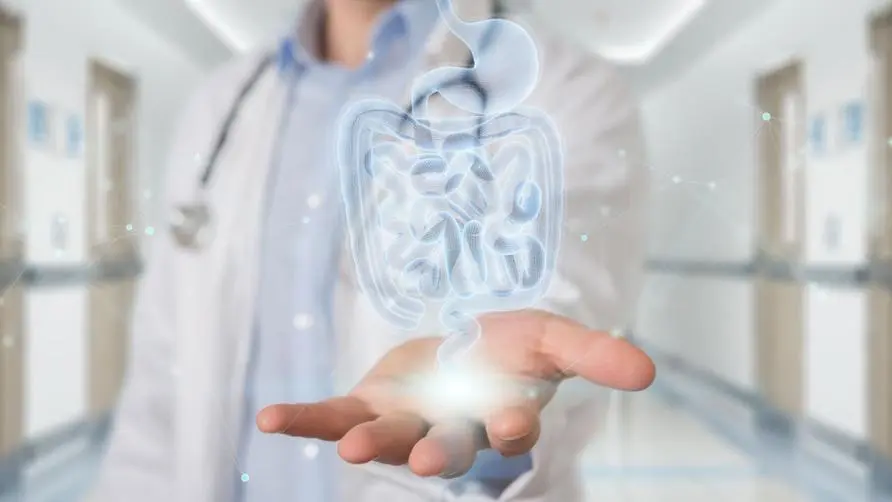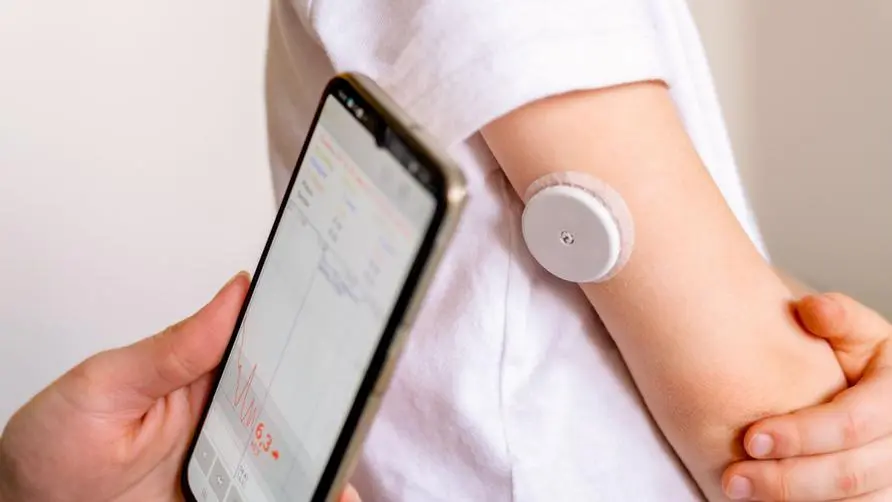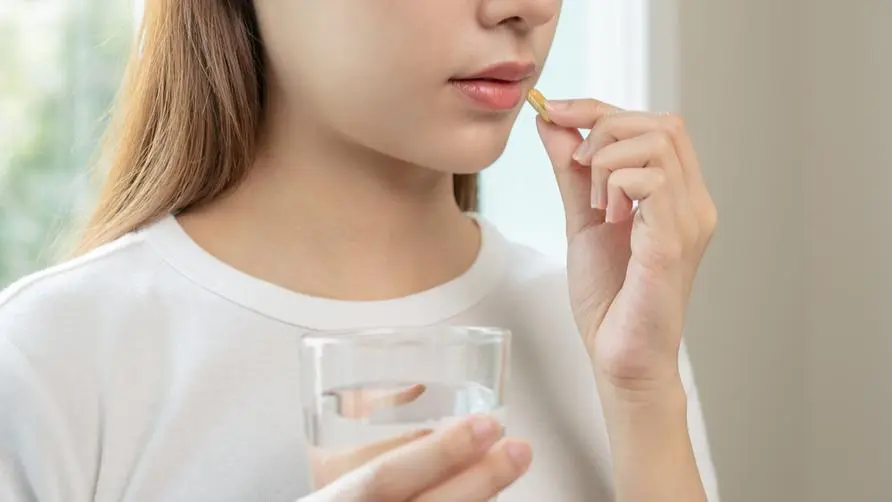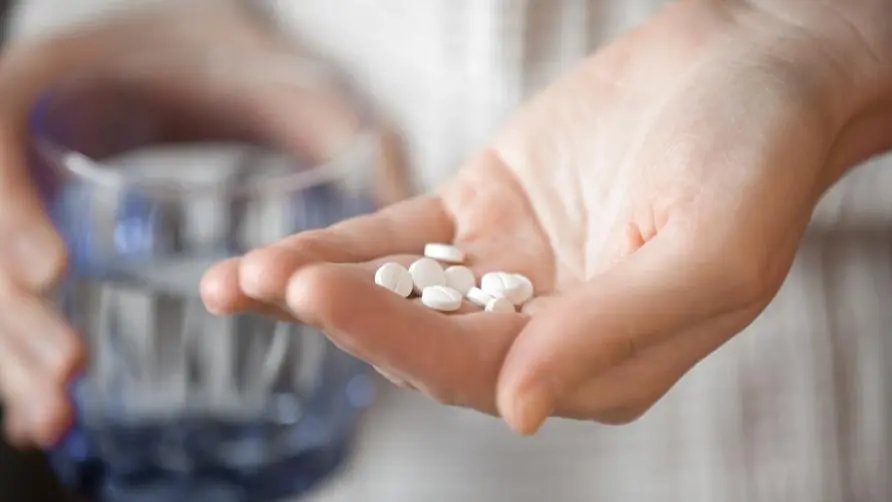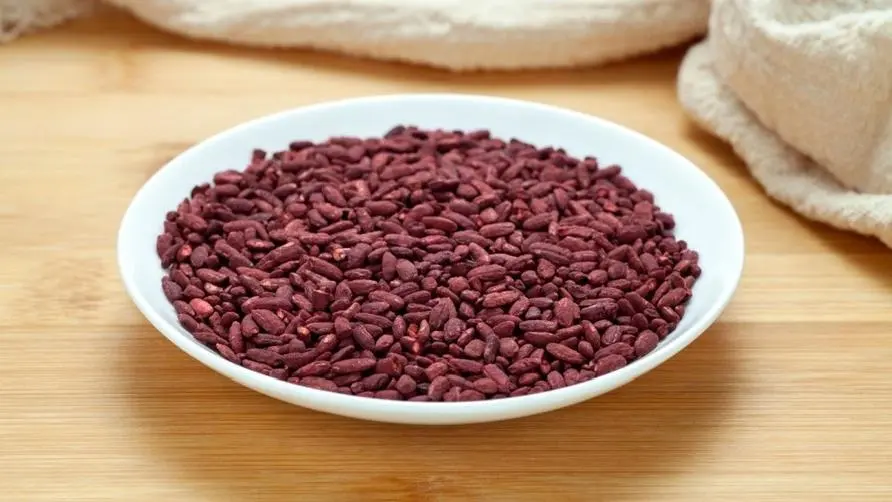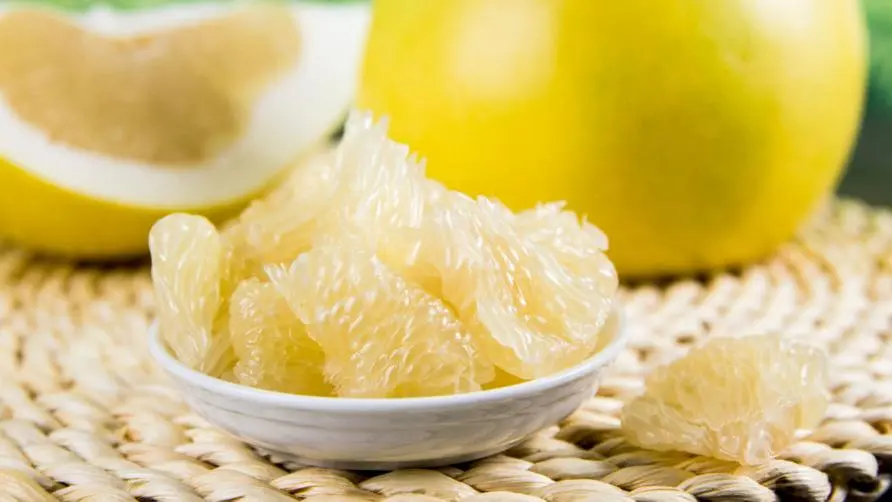Is the Mid-Autumn Festival diet a "drug mine"? Taiwan Food and Drug Administration reveals: If you want to drink alcohol after taking medicine, you need to wait at least "XX hours"
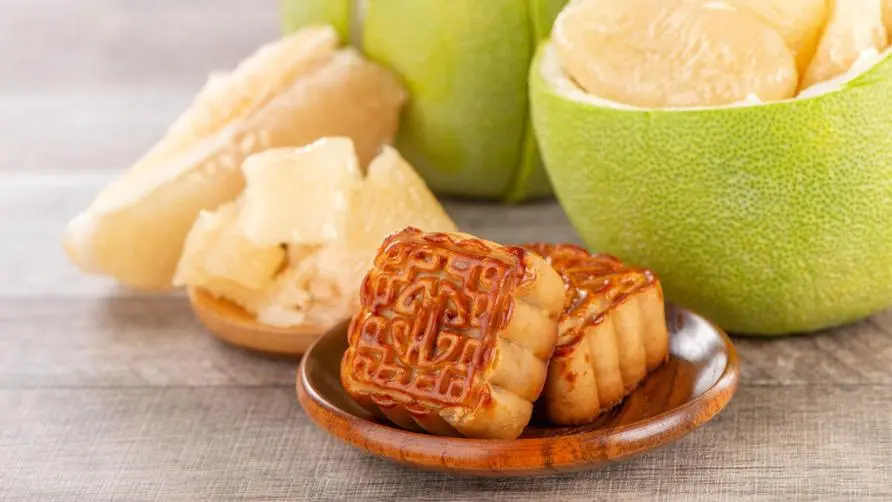
Taiwanese people have a custom of eating “yuzu” during the Mid-Autumn Festival to commemorate the occasion. However, if you are taking medicine due to various diseases, you should worry about “interactions” caused by mixing grapefruit with medicine! Taiwan Ministry of Health and Welfare, Food and Drug Administration and Dr. Huang Nongyin of Xing’an Clinic said that grapefruit contains “furanocoumarin”, which inhibits metabolic enzymes (CYP3A4) in the liver and glycoproteins in the small intestine. (P-gp) effect, thereby affecting the body’s drug metabolism. If the two are mixed and eaten together, the concentration of the drug in the body will increase, which may easily cause adverse reactions.
Which medicines are you taking that you should avoid eating grapefruit? Can aphrodisiacs and blood pressure lowering drugs be taken together?
As for what medications you are taking that you need to avoid eating grapefruit? Dr. Huang Nongyin gave examples, such as anticoagulant drugs, blood pressure lowering drugs, hypolipidemic drugs, arrhythmia drugs, immunosuppressants, sedative and sleeping pills, sexual dysfunction drugs, anti-epileptic drugs, etc., may be affected by the consumption of grapefruit. . Patients with poor kidney function should also pay attention to the high potassium content of grapefruit and avoid excessive consumption to avoid hyperkalemia and physical discomfort.
Dr. Huang Nongyin suggested that the public should pay special attention to the medicine bag and medicine list. As long as it is noted that it cannot be eaten with “grapefruit”, they should avoid eating it with grapefruit. The reason is that both grapefruit and grapefruit contain “furanocoumarins”. , but because grapefruit is more common in foreign countries, many studies have been conducted on grapefruit. Therefore, whenever you see a drug that needs to be avoided with grapefruit, grapefruit should also be avoided.
Dr. Huang Nongyin also reminded that many people have myths such as “it doesn’t matter if you wait a little longer before taking medicine after eating grapefruit”, or “just stop taking medicine and take grapefruit first”. These are inappropriate ways of taking medicine. The length of time after eating grapefruit affects the medicine may be up to 2-3 days, and the medicine needs to be taken at a fixed time to achieve the best effect. Therefore, if you need to take medicine, it is recommended to avoid eating grapefruit.
Is the Mid-Autumn Festival diet all about taking medicine? If you want to drink alcohol after taking medicine, you need to wait at least “XX hours”
In addition to eating grapefruit, most Taiwanese people also have barbecues and get together during the Mid-Autumn Festival, and even drink some wine to cheer up. However, drinking alcohol may affect the metabolism of drugs, such as blood pressure-lowering drugs, hypoglycemic drugs, hypolipidemic drugs, anticoagulants, arrhythmia drugs, sleeping pills, epilepsy drugs, antibiotics and antidepressants, etc., which all interact with alcohol. Interaction, adverse reactions may occur if taken together.
Dr. Huang Nongyin suggested that if you want to have a drink during the Mid-Autumn Festival, you should take medicine at a fixed time, stop drinking as soon as you can, and leave 12 hours between taking medicine and drinking to avoid interaction. In addition, moon cakes, egg yolk cakes, etc. are often eaten during the Mid-Autumn Festival. These are high-fat, high-sugar, high-salt, and high-calorie foods. Excessive amounts will affect the control of blood fat, blood pressure, and blood sugar, so more control should be exercised.
Taking medicine with alcohol may cause hypotension and shock! Taiwan Food and Drug Administration reveals “the 4 most deadly interactions”
The Taiwan Food and Drug Administration advises that although grapefruit is rich in dietary fiber, when taking drugs, you should consult a doctor or pharmacist first to avoid interactions between grapefruit and drugs. Drinking alcohol may also interact with drugs, so people should pay more attention. In addition, in fact, not only grapefruit is likely to cause interactions, the following foods are also suspected of causing interactions, and the public needs to pay special attention:
Alcohol. You should avoid drinking alcohol while taking the medicine, because alcohol may not only affect the efficacy of the medicine, but also increase side effects. For example: alcohol will increase the hypoglycemic effect of insulin, leading to the risk of hypoglycemia, increase the risk of hepatotoxicity of the analgesic acetaminophen, enhance the central nervous system depressant effect of sleeping pills, and interact with antibiotics, blood pressure drugs, etc., and may even cause severe hypotension, Hypoglycemia leading to shock.
Grapefruit or grapefruit. Grapefruit or pomelo contains ingredients that inhibit liver metabolic enzymes, which may affect the metabolism of certain drugs, increase their concentration in the blood, increase the incidence of adverse reactions, and even cause serious side effects. Drugs that may be affected include: antihypertensive drugs such as statins, immunosuppressants, calcium channel blockers, etc. If you are taking the above drugs, you should avoid taking them.
Red yeast rice and natto. Red yeast rice and natto have a small amount of ingredients that can lower blood lipids. If taken in large amounts when taking anti-hyperlipidemia drugs, it may increase the concentration of the drugs in the blood and lead to side effects, such as rhabdomyolysis, which may even lead to renal failure. , concurrent use should be avoided.
Caffeinated drinks. Coffee, cola, tea, etc. contain caffeine, which will increase the effect of bronchodilators and reduce the effect of sleeping pills. Taking certain types of antibiotics, contraceptives, antihypertensive drugs or antiarrhythmic drugs will reduce the metabolism of caffeine and increase the concentration of caffeine in the body, thereby increasing the incidence of caffeine side effects.
Taiwan Food and Drug Administration urges that if you don’t know whether your diet will interact with medicines, you can not only ask the pharmacist when you receive the medicine, but you can also use the community pharmacy near your home for further inquiries. The pharmacist will give you the most appropriate advice. Counseling and medication guidance.
Source:
Further reading:
